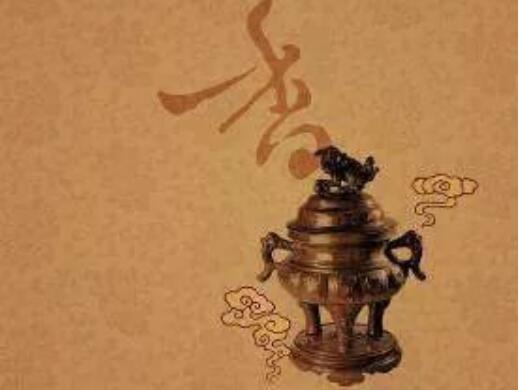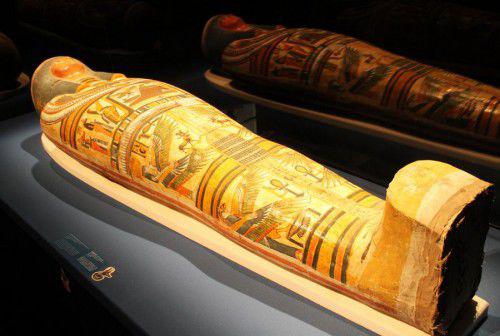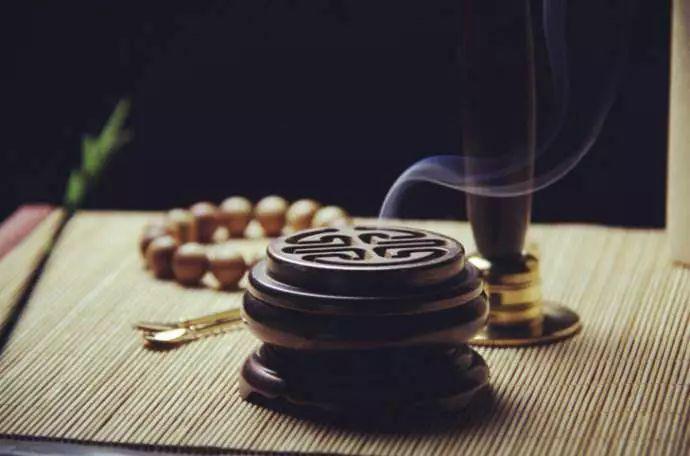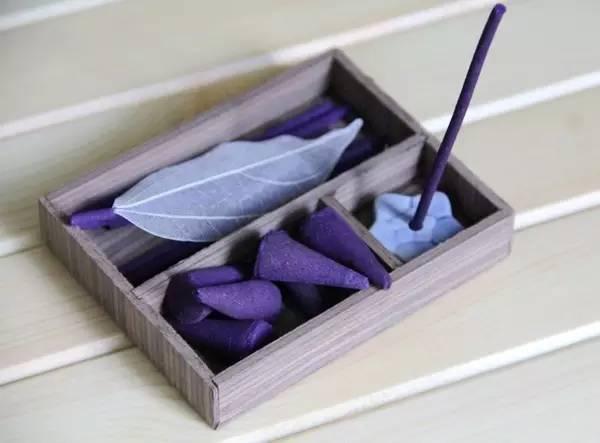China
Tracing back 5000 years of history, the four most profound ancient civilizations all have an inseparable connection with incense. Tasting incense is like observing history, from the Spring and Autumn Period and the Warring States Period to the completion of the strong Han Dynasty. There is a great poet named Qu Yuan's "Li Sao" who wrote, "Hu Jiang Li and Bi Zhi Xi, sewing autumn orchids as a tribute."; The prosperity of the Tang Dynasty opened up a golden road for incense to reach various parts of the world, and the incense culture and manufacturing techniques of the Song Dynasty took it to the next level; Until the decline of the Qing Dynasty, the invasion of foreign powers, the continuous wars in modern times, the people's hunger, the wealthy donating funds to help the country, and the decline of the Xiangdao culture and art; Today, with the inheritance and development, a small number of "fragrant Taoist" people are still struggling to pursue this ancient cultural and artistic activity.

Ancient Egypt
The etymology of "mummy" comes from incense?According to historical records, "myrrh" is an indispensable part of making mummies as a medicine and spice. Myrrh is the main ingredient, and a large amount of preservatives made from spices such as cinnamon are used on mummies, and the etymology of "mummy" comes from myrrh's "MYRRH".

Babylon
According to some surviving clay tablets from the ancient Babylonian period, as early as the 19th century BC, it was proved that there was a perfume manufacturing industry in Mesopotamia. The king of Babylon received three restrictions: law, nobility, and priests. Among them, priests were the most powerful. The king was the spokesperson of the gods, and priests were the incarnation of the gods. The place where priests were worshipped was called a temple. Whether it was spoils of war or offerings offered by the people, priority was given to sending them to the temple. The incense in the temple was lingering, and as the priests worked hard, the incense became more and more prosperous.

ancient India
Buddhism and incense culture originated from India and spread to China. The majority of Indian people are believers, and there are many religions in the country. Small temples for worship can be seen everywhere on the roadside, so the incense culture has flourished and developed in India, from the royal family to the common people. Indians rarely take showers, and in order to reduce the odor on their bodies, they can only apply powder, ointment, etc. on their bodies.

